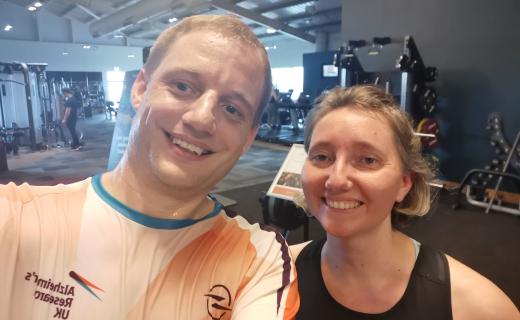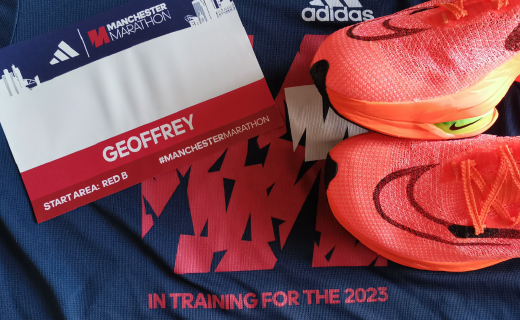Week 12: Running Manchester Marathon
Overcoming setbacks and achieving 03:59:51.
Published April 20, 2023
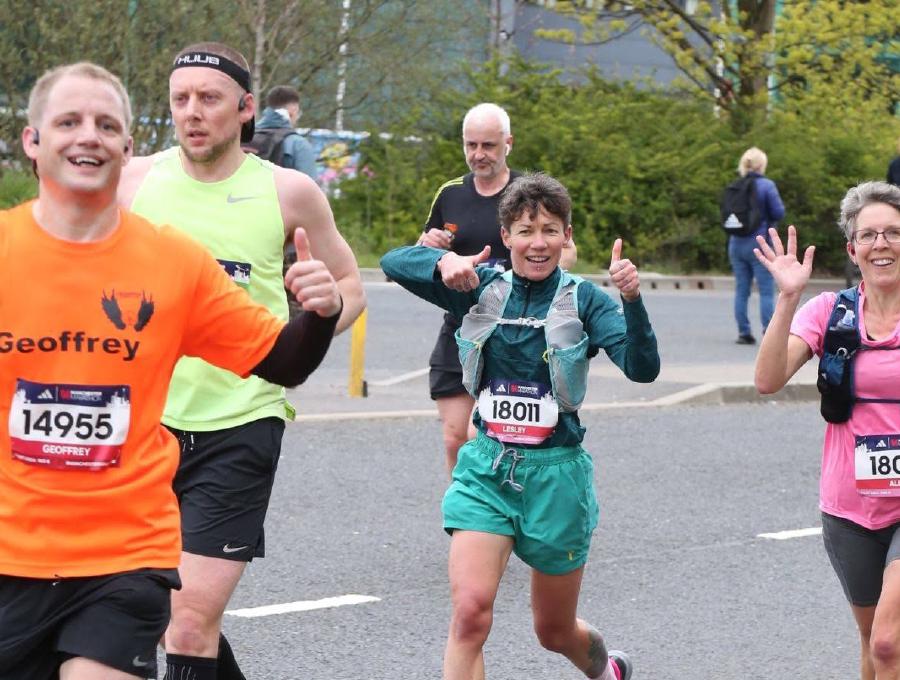
It’s taken a few days to decompress from the Manchester Marathon, hence a late post. Before embarking on this training block, the idea of running a full marathon seemed like a doable but daunting distant dream. But I have done it, and I am proud of the achievement.
Now that I have run my first marathon, I’m ready to reflect on the block, set a new goal and see what I can improve on.
I began training for the Manchester Marathon 12 weeks ago. And things didn’t always go smoothly. I suffered a few setbacks along the way, including a knee that grumbled each time I took it out for more than a 10-mile run. But on the plus side, that led me to learn about the Acute:Chronic Workload Ratio (ACWR) to calculate injury risk. And how to set a healthy weekly target. I will continue to use ACWR in all my following training blocks.
On race day, I was nervous but excited. I had trained hard and felt ready to tackle the 26.2-mile course. I had also managed to get two good nights’ sleeps beforehand. The first 10 kilometres went by quickly, and I completed it in 46 minutes. By the time I reached the half-marathon mark, I was feeling good and had completed that in 1 hour and 41 minutes.
However, things started to go downhill from there. By the 25-kilometre mark (15.3 miles), I was feeling the distance. I was sore, tired and slightly cramped, and my pace slowed considerably. In fact, from the 25-kilometre mark, I had to take several walking breaks. In the final 6 miles, I really had to push myself to finish each kilometre before taking another walk. But I did keep pushing forward by reminding myself that the sooner I finish, the sooner I rest.
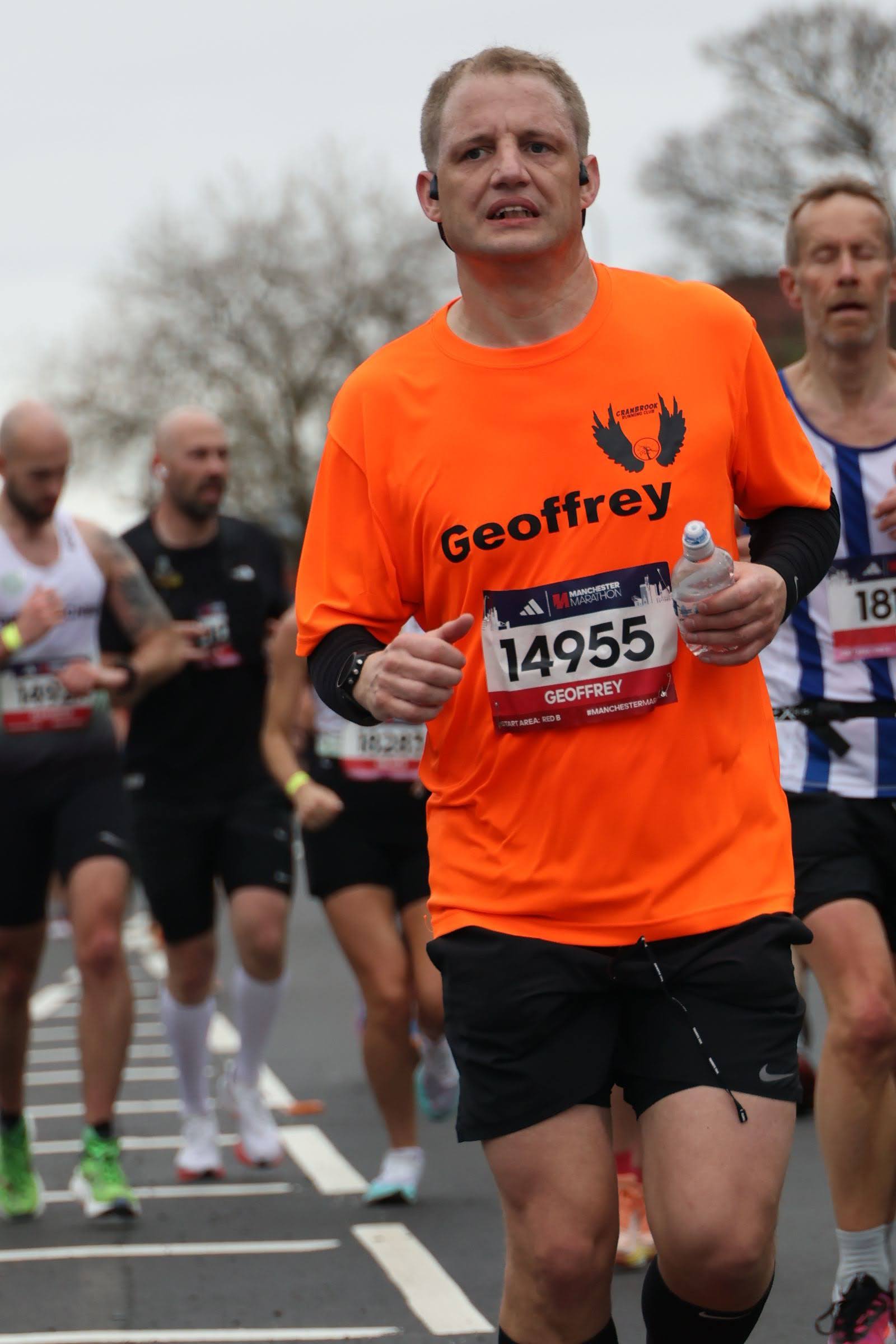
In hindsight, my ability to keep a steady pace dropped off around the same distance my long runs typically finish. So, before considering attempting a marathon again, I need to make running at least 20 miles non-stop feel normal.
In those final 17 km (10.6 miles), I sometimes felt quite emotional. Seeing and hearing the incredible people of Manchester out cheering on strangers was moving. And I thought about all the people closer to home who had helped motivate me to get to the start. I am so grateful.
My next goal is to run a 00:20:00 (or ideally sub-20-minute) 5K. My current 5K PB stands at 21 minutes and 46 seconds. I will give myself 12 weeks and begin training the week beginning 1st May. I will continue twice weekly Cardio Sessions with Clive from The Cardio Hub Exeter – as I have seen dramatic improvements in my VO2 Max and general cardio fitness. The next block will be documented here, and this will include more details about the Cardio Sessions and information about the Cardio Hub in Exeter.
Also, I will try and base the 12-week block’s runs around Ben Parkes’ Advanced 4 5K plan. I want to follow it entirely, but family, work and life create priorities. I will try and include some strength training in this next 12-week block because that’s something I overlooked during training for the Manchester Marathon.
Why a fast 5k after a marathon? Well, the training load should be less. Further, my last VO2 Max test result suggests a 00:20:00 5K is doable. Using the test result and a Cooper Test lookup table, I should be able to run 3 km in 12 minutes, which I then did on the treadmill. Fingers crossed, I can apply that to running outdoors and for a full 5 km. Of course, I will be documenting each week’s training here.
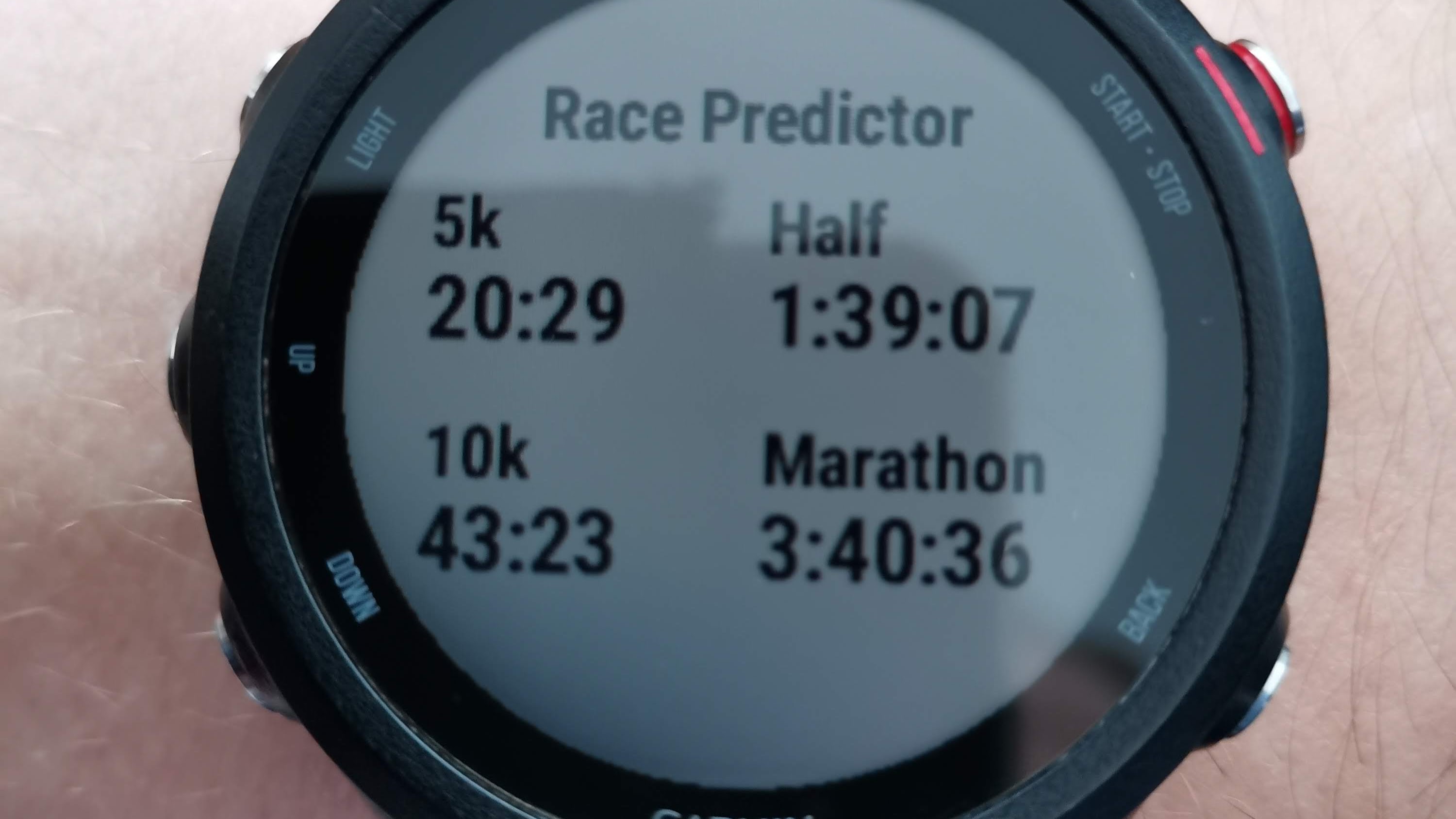
If you’re considering running a marathon or any other challenging goal, take it one step at a time and keep an eye on your ACWR. Focus on your progress, even if it’s small, and don’t let setbacks discourage you. I personally worked around mine when I took a couple of weeks off of long runs. I lost fitness, but I got to the start line injury-free. With hard work and determination, I have proven to myself that I can achieve anything I set my mind to. Now, I’m looking forward to my next goal of running a sub-20-minute 5K, and I will continue to document my progress and training journey on geoffrey.run and Strava.
Thank you for reading. Enjoy your running.

